

|
naturalman1975
Since Jun 28, 2004
| |||||
|
| ||||||

Myself, a veteran of the first Gulf War.

I've always been moderately conservative, and really that's all I still am. But I'm a moderate conservative who is very worried about the growing presence of extreme liberalism. I could live quite happily with moderate liberals - but they seem to be being more and more squeezed out.
I served in my country's military for over twenty years. I've seen what evil is and what evil can do, and I know which countries are evil, and which aren't.
And too much of the media seems to get confused about this nowadays.
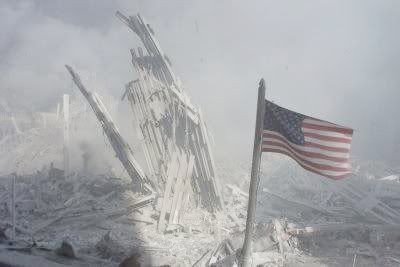 |
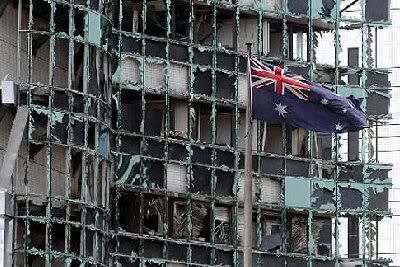 |
| US Flag at Ground Zero, New York, September 11 2001 |
Australian Flag at Australian Embassy Bombing, September 9 2004 |
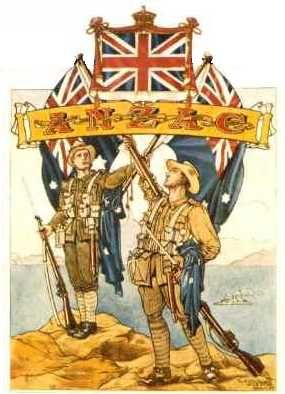 |
||
Australians and New Zealanders who have sacrificed all in the War On Terror |
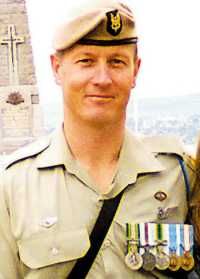 |
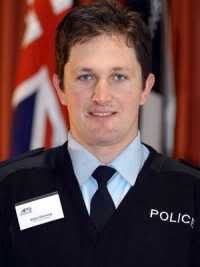 |
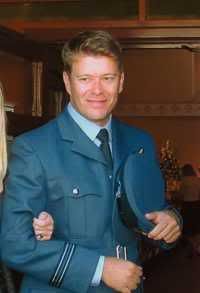 |
|
|
|
|
|
|
 |
 |
 |
|
 |
 |
 |
|
|
|
|
|
|
|
|
|
|
|
|
|
|
|
|
|
|
|
|
|
|
|
|
|
|
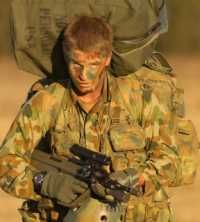 |
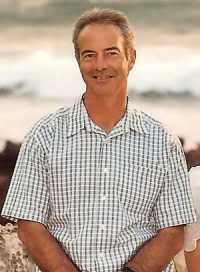 |
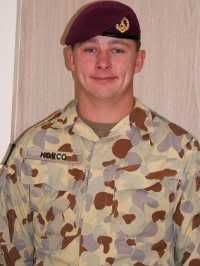 |
|
|
|
|
|
|
 |
 |
 |
|
 |
 |
 |
|
|
|
|
|
|
|
|
|
|
|
|
|
|
|
|
|
|
|
|
|
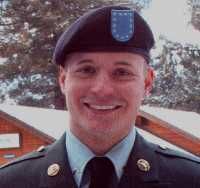 |
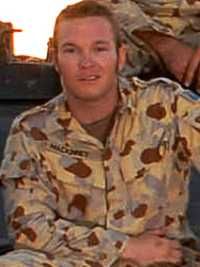 |
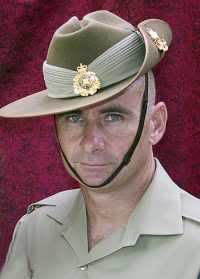 |
|
|
|
|
|
|
 |
 |
 |
|
 |
 |
 |
|
|
|
|
(Queensland Mounted Infantry) |
|
|
|
|
|
|
|
|
|
|
|
|
|
|
|
|
|
|
|
|
|
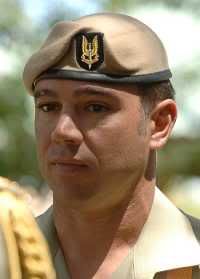 |
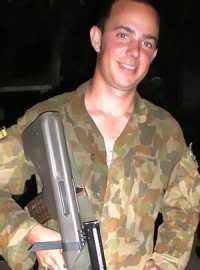 |
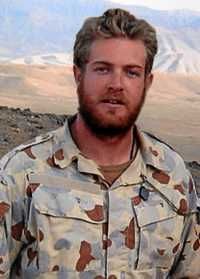 |
|
|
|
|
|
|
 |
 |
 |
|
 |
 |
 |
|
|
|
|
(Commando) |
|
|
|
|
|
|
|
|
|
|
|
|
|
|
|
|
|
|
|
|
|
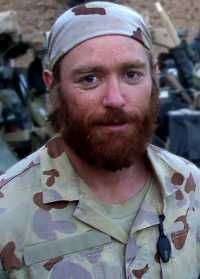 |
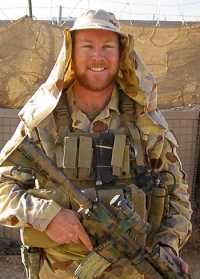 |
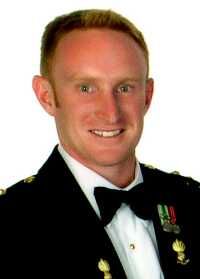 |
|
|
|
|
|
|
 |
 |
 |
|
 |
 |
 |
|
|
(Commando) |
|
(Commando) |
|
|
|
|
|
|
|
|
|
|
|
|
|
|
|
|
|
|
|
|
|
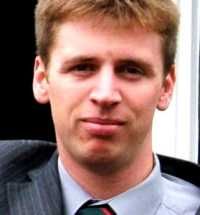 |
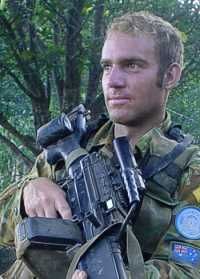 |
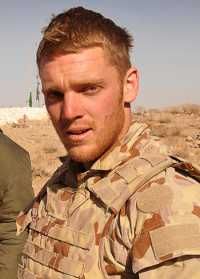 |
|
|
|
|
|
|
 |
 |
 |
|
 |
 |
 |
|
|
|
|
|
|
|
|
|
|
|
|
|
|
|
|
|
|
|
|
|
|
|
|
|
|
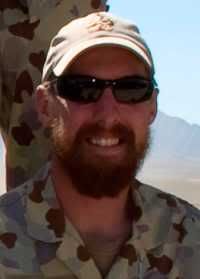 |
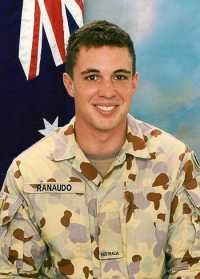 |
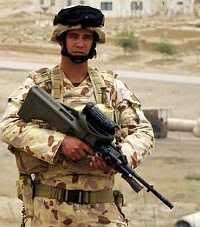 |
|
|
|
|
|
|
 |
 |
 |
|
 |
 |
 |
|
|
|
|
|
|
|
|
|
|
|
|
|
|
|
|
|
|
|
|
|
|
|
|
|
|
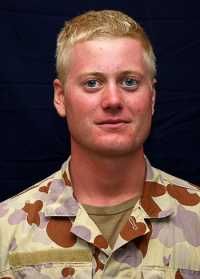 |
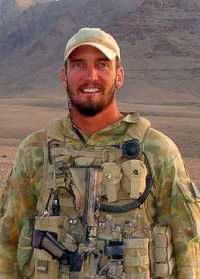 |
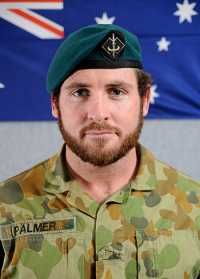 |
|
|
|
|
|
|
 |
 |
 |
|
 |
 |
 |
|
|
|
|
|
|
|
|
|
|
|
|
|
|
|
|
|
|
|
|
|
|
|
|
|
|
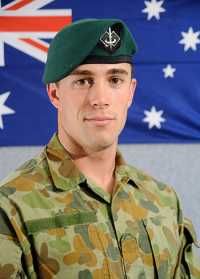 |
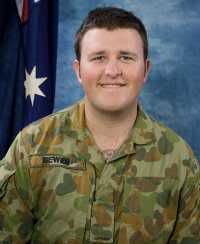 |
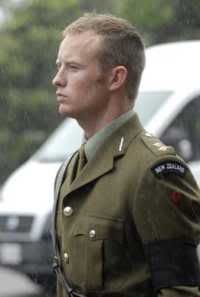 |
|
|
|
|
|
|
 |
 |
 |
|
 |
 |
 |
|
|
|
|
Royal New Zealand Infantry Regiment |
|
|
|
|
|
|
|
|
|
|
|
|
|
|
|
|
|
|
|
|
|
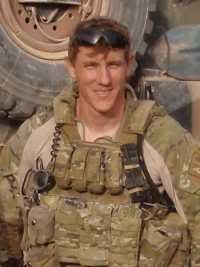 |
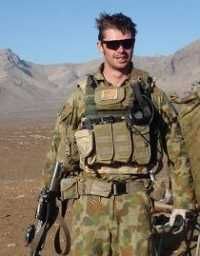 |
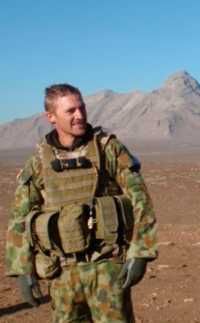 |
|
|
|
|
|
|
 |
 |
 |
|
 |
 |
 |
|
|
|
|
|
|
|
|
|
|
|
|
|
|
|
|
|
|
|
|
|
|
|
|
|
|
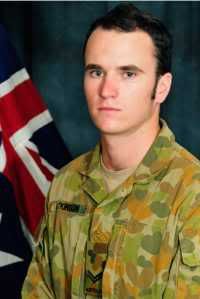 |
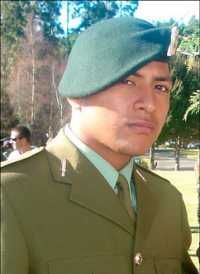 |
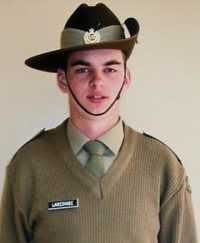 |
|
|
|
|
|
|
 |
 |
 |
|
 |
 |
 |
|
|
|
Royal New Zealand Infantry Regiment |
|
|
|
|
|
|
|
|
|
|
|
|
|
|
|
|
|
|
|
|
|
|
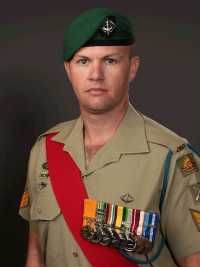 |
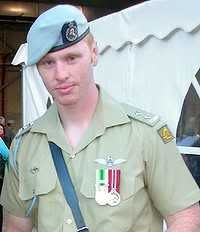 |
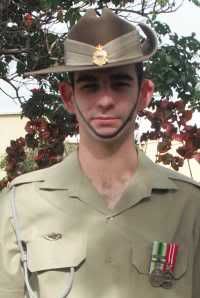 |
|
|
|
|
|
|
 |
 |
 |
|
 |
 |
 |
|
|
|
|
|
|
|
|
|
|
|
|
|
|
|
|
|
|
|
|
|
|
|
|
|
|
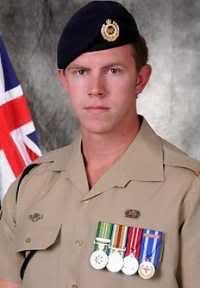 |
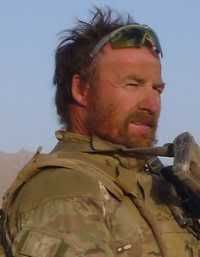 |
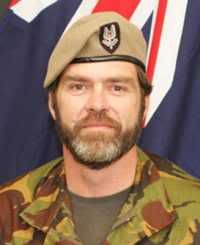 |
|
|
|
|
|
|
 |
 |
 |
|
 |
 |
 |
|
|
|
|
|
|
|
|
|
|
|
|
|
|
|
|
|
|
|
|
|
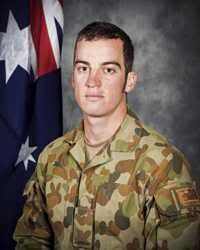 |
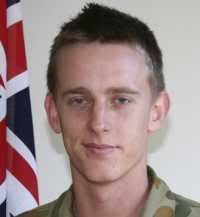 |
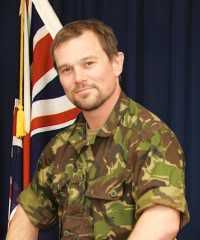 |
|
|
|
|
|
|
 |
 |
 |
|
 |
 |
 |
|
|
|
|
|
|
|
|
|
|
|
|
|
|
|
|
|
|
|
|
|
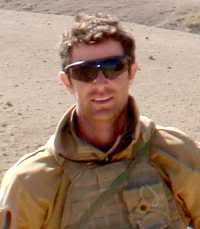 |
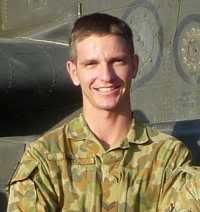 |
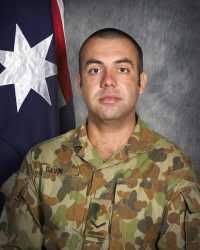 |
|
|
|
|
|
|
 |
 |
 |
|
 |
 |
 |
|
|
Royal Regiment of Australian Artillery |
Royal Australian Engineers |
Royal Australian Regiment |
|
|
|
|
|
|
|
|
|
|
|
|
|
|
|
|
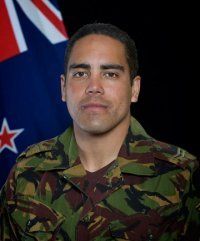 |
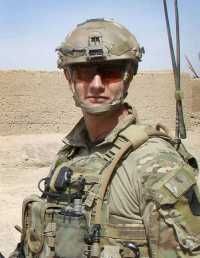 |
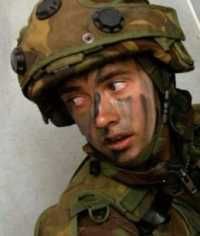 |
|
|
|
|
|
|
 |
 |
 |
|
 |
 |
 |
|
|
Royal New Zealand Infantry Regiment |
|
|
|
|
|
|
|
|
|
|
|
|
|
|
|
|
|
|
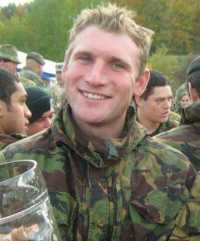 |
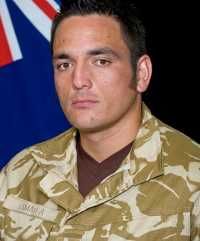 |
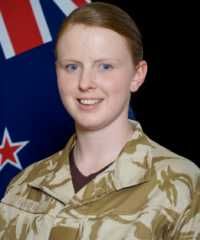 |
|
|
|
|
|
|
 |
 |
 |
|
 |
 |
 |
|
|
Royal New Zealand Infantry Regiment |
Royal New Zealand Infantry Regiment |
Royal New Zealand Infantry Regiment |
|
|
|
|
|
|
|
|
|
|
|
|
|
|
|
|
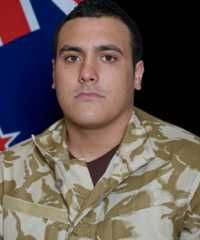 |
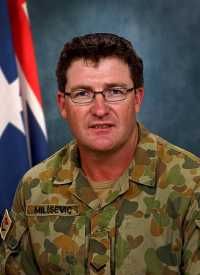 |
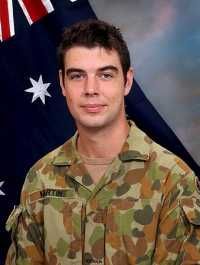 |
|
|
|
|
|
|
 |
 |
 |
|
 |
 |
 |
|
|
Royal New Zealand Infantry Regiment |
(Queensland Mounted Infantry) |
|
|
|
|
|
|
|
|
|
|
|
|
|
|
|
|
|
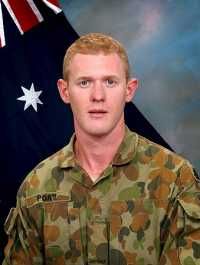 |
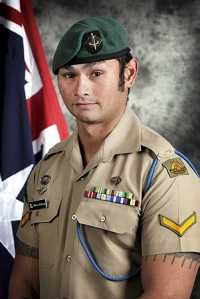 |
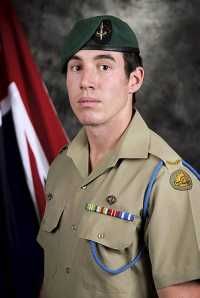 |
|
|
|
|
|
|
 |
 |
 |
|
 |
 |
 |
|
|
Royal Australian Regiment |
|
|
|
|
|
|
|
|
|
|
|
|
|
|
|
|
|
|
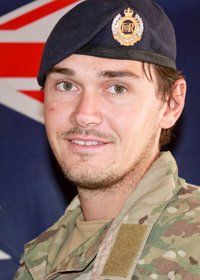 |
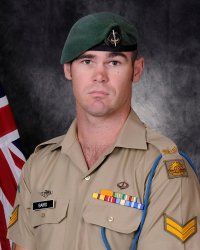 |
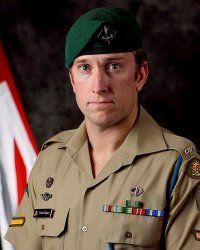 |
|
|
|
|
|
|
 |
 |
 |
|
 |
 |
 |
|
|
|
|
|
|
|
|
|
|
|
|
|
|
|
|
|
|
|
|
Mr Speaker, Mr President, distinguished members of the Senate and House, Ladies and Gentlemen,
I thank you for the great honour you have given me, and more importantly my country Australia, in asking me to speak to you today.
The bonds between Americans and Australians are strong and genuine. They are based on many shared values.
A belief that the individual is greater than the State.
A belief that strong families are a nation's greatest resource.
A belief that competitive capitalism is the key to national wealth.
Mr Speaker, Mr President, and ladies and gentlemen of the Congress, America has no better friend in the world than Australia.
Australians and Americans enjoy each other's company.
We share a love of sport and are fierce competitors in some.
And from time to time we even share the Academy Awards.
When I last came to this great chamber of democracy on 12 September last year, smoke still hung in the air over Washington and New York.
Heroic fireman and policemen, gallantly disregarding the danger to themselves, scrambled desperately amid the rubble, looking for the slightest sign of life.
The scale of loss and senseless destruction was yet to be fully calculated.
In seeking justice and not revenge, in choosing calm consideration over blind fury, by turning to friends before turning on enemies, the United States has led a great re-affirmation of those values upon which it and nations such as my own, are founded.
America fought back magnificently - and won the admiration of the world.
You demonstrated to the world that, where fundamental freedoms flourish, evil men can do their worst, cause death and devastation but in the end they will never win.
In his inaugural address, George Washington spoke of the destiny of the American people to preserve 'the sacred fire of liberty'. That promise has been kept for more than two centuries - but never more so than since the appalling events of September 11.
Through these times Australians have shared your shock and anger and been partners in your resolve.
We have taken our place beside you in the war against terrorism, knowing beyond all doubt that it was an attack upon ourselves and our way of life as surely as it was upon your own.
As we meet, Australian troops are fighting side by side with Americans in Afghanistan.
In these past months President Bush has displayed the tenacity, the strength and the depth of character of a great leader.
And he is now applying those qualities to the dangerous tensions between India and Pakistan and the intractable differences in the Middle East.
It is a special privilege to return to this historic place to address the representatives of a people with whom we share so much and express the fond regard and high esteem in which we hold your great nation.
Like you, Australia enters this new century strong and prosperous.
Over the past decade, the productivity and growth of our economy has exceeded that of most other developed nations.
Our pioneer past, so similar to your own, has produced a spirit that can overcome adversity and pursue great dreams.
We've built a society of opportunity, fairness and hope, leaving - as you did - the divisions and prejudices of the Old World far behind.
Like your own, our culture has been immeasurably enriched by migration from the four corners of the earth.
We believe that nations are strengthened not weakened, broadened not diminished, by open debate and diversity of view.
Most of all, we value loyalty given and loyalty gained - the concept of mateship runs deep within the Australian character.
We cherish and where necessary will fight to preserve the liberties we both hold so dear.
Australian and American forces fought together for the first time in the Battle of Hamel, in France, in World War I. The date of the attack - the 4th of July 1918 - was deliberately chosen by the Australian Commander, General John Monash, to honour your countrymen.
From that moment to this, we've been able to count on each other when it has mattered most.
Australians will never forget the crucial help Americans gave us during World War II.
Successive generations of Australians and Americans have fought side by side in every major conflict of the twentieth century - in the jungles of New Guinea, in Korea, in Vietnam, in the Gulf, in skies and oceans around the globe and now, in another century, among the rock-strewn mountains of Afghanistan.
The ANZUS Treaty of 1951 pledged each country to come to the aid of the other if it were under attack.
And so it was that in a US Airforce plane made available for my return to Australia on 12 September and high above the Pacific that I informed the US Ambassador Tom Schieffer travelling with me our intention was that, for the first time in its fifty year history, Australia would invoke the ANZUS Treaty.
America was under attack. Australia was immediately there to help.
Both of our societies are built on a deep respect for the worth of each individual.
"The worth of a state, in the long run" wrote John Stuart Mill in 1859 " is the worth of the individuals composing it ... a state which dwarfs its men in order that they may be more docile instruments in its hands even for beneficial purposes - will find with small men no great thing can really be accomplished".
America and Australia are societies which extol the precious worth of each individual man and woman.
Like you I see family life at the heart of a nation's existence.
Not only does the family nurture and educate our children but it provides emotional anchorage throughout life for us all.
The strength of the family goes beyond the spiritual and the emotional.
United, caring families are the best social welfare system mankind has ever devised.
Both of our societies draw great strength from the spirit of volunteerism.
The huge success of the Sydney Olympic Games owed much to the warmth, excitement and dedication of tens of thousands of volunteers who infected everyone with the joy and exhilaration of the occasion.
Edmund Burke called voluntary groups society's "small platoons". They are the living tissue between the government and the people.
Political life in both our nations is changing.
Politics is less tribal. Life long allegiances are looser and less frequent. Modern society has given young people infinitely more options.
Governments must be decisive but also modest. Grand gestures without practical results help no-one.
People want outcomes not political fireworks and constant battles.
They want space from governments to get on with their own lives.
I've spoken much of our common values, shared history and our deep respect for each other as peoples.
We also share a common interest in spreading and better understanding the benefits of globalisation.
The balance sheet of globalisation is overwhelmingly favourable to mankind.
We must, however, better explain the advantages of globalisation to all our citizens.
Trade reform and liberalisation have delivered benefits to people in many countries and can deliver much more.
I understand that the demands of local constituencies and international responsibilities must be finely balanced.
As a true friend let me say candidly that Australia was disappointed with the passage of the recent Farm Bill.
It will damage Australia's farmers. They are efficient producers with very little government support.
I know that the farm and export subsidies of, for example, the European Union are much greater than those of the United States.
Indeed, OECD agricultural subsidies are two-thirds of Africa's total GDP. The cost of these subsidies is three times all the ODA to developing countries.
This only serves to illustrate the urgent need for global reform of agriculture within the World Trade Organisation framework.
The challenge is to achieve a comprehensive Doha trade round. That will require Australia and America to work together within the WTO.
American leadership will be crucial. Let me express the hope that Congress gives the President full authority to negotiate new trade agreements.
At the same time, we in America and Australia have an historic opportunity to give even greater momentum to our bilateral economic relationship.
That is why Australia has proposed the negotiation of a free trade agreement between our two countries. A comprehensive free trade agreement, by boosting trade and investment between us, would add a stronger economic dimension to the security and other links we share.
Turning to the strategic challenges of our own region, Australia welcomes full and active engagement by the United States in the Asia Pacific. It is immensely important not only to the nations of the region, but also to the continuing interests of the United States itself.
There is no other region more dynamic or fast-changing.
Australia is proud of its leadership role in East Timor in gaining for a people so long oppressed the freedom and democracy available to our own citizens.
We stand ready to work in partnership with America to advance the cause of freedom, particularly in our shared Pacific region.
Mr Speaker, Mr President, ladies and gentlemen:
Australia enters this new century, confident in the talent and the energy and the skills of its people.
We shall move forward, secure in the knowledge that our journey through this century - often along paths requiring sacrifice, courage and grit - will be in the constant company of a true and great friend.
Governor General Michael Jeffery, Prime Minister John Howard, Speaker of the House, Leader of the Senate, Leader of the Opposition Simon Crean, distinguished members of the House and the Senate, Premiers, Members of the Diplomatic Corps, ladies and gentlemen: Laura and I are honored to be in the Commonwealth of Australia. I want to thank the Prime Minister for his invitation. I want to thank the Members and Senators for convening this session of the Parliament. And I want to thank the people of Australia for a gracious welcome.
Five months ago, your Prime Minister was a distinguished visitor of ours in Crawford, Texas, at our ranch. You might remember that I called him a "man of steel." That's Texan for "fair dinkum." Prime Minister John Howard is a leader of exceptional courage, who exemplifies the finest qualities of one of the world's great democracies. I'm proud to call him friend.
Americans know Australia as a land of independent and enterprising and good-hearted people. We see something familiar here, something we like. Australians are fair-minded and tolerant and easy-going. Yet in times of trouble and danger, Australians are the first to step forward, to accept the hard duties, and to fight bravely until the fighting is done.
In a hundred years of experience, American soldiers have come to know the courage and good fellowship of the diggers at their side. We fought together in the Battle of Hamel, together in the Coral Sea, together in New Guinea, on the Korean Peninsula, in Vietnam. And in the war on terror, once again we're at each other's side.
In this war, the Australia and American people have witnessed the methods of the enemy. We saw the scope of their hatred on September the 11, 2001. We saw the depth of their cruelty on October the 12, 2002. We saw destruction and grief - and we saw our duty. As free nations in peril, we must fight this enemy with all our strength.
No country can live peacefully in a world that the terrorists would make for us. And no people are immune from the sudden violence that can come to an office building, or an airplane, or a night club, or a city bus. Your nation and mine have known the shock and felt the sorrow, and laid the dead to rest. And we refuse to live our lives at the mercy of murderers.
The nature of the terrorist threat defines the strategy we are using to fight it. These committed killers will not be stopped by negotiations. They will not respond to reason. The terrorists cannot be appeased. They must be found, they must be fought and they must be defeated.
The terrorists hide and strike within free societies, so we're draining their funds, disrupting their plans, finding their leaders. The skilled work of Thai and Indonesia and other authorities in capturing the terrorist Hambali - suspected of planning the murders in Bali and other attacks - was a model of the determined campaign we are waging.
The terrorists seek safe harbor to plot and to train - so we're holding the allies of terror to account. America, Australia and other nations acted in Afghanistan to destroy the home base of al-Qaeda and rid that country of a terror regime. And the Afghan people - especially Afghan women - do not miss the bullying and the beatings and the public executions at the hands of the Taliban.
The terrorists hope to gain chemical, biological or nuclear weapons - the means to match their hatred. So we're confronting outlaw regimes that aid terrorists, that pursue weapons of mass destruction, and that defy the demands of the world. America, Australia, and other nations acted in Iraq to remove a grave and gathering danger, instead of wishing and waiting while tragedy drew closer.
Since the liberation of Iraq, we have discovered Saddam's clandestine network of biological laboratories, the design work on prohibited long-range missiles, his elaborate campaign to hide illegal weapons programs. Saddam Hussein spent years frustrating U.N. inspections, for a simple reason - because he was violating U.N. demands. And in the end, rather than surrender his programs and abandon his lies, he chose defiance, and his own undoing. Who can possibly think that the world would be better off with Saddam Hussein still in power? Surely not the dissidents who would be in his prisons, or end up in his mass graves. Surely not the men and women who would fill Saddam's torture chambers and rape rooms. Surely not the families of the victims he murdered with poison gas. Surely not anyone who cares about human rights and democracy and stability in the Middle East. Today, Saddam's regime is gone, and no one should mourn its passing.
In the months leading up to our action in Iraq, Australia and America went to the United Nations. We are committed to multilateral institutions because global threats require a global response. We're committed to collective security, and collective security requires more than solemn discussions and sternly worded pronouncements - it requires collective will. If the resolutions of the world are to be more than ink on paper, they must be enforced. If the institutions of the world are to be more than debating societies, they must eventually act. If the world promises serious consequences for the defiance of the lawless, then serious consequences must follow.
Because we enforced Resolution 1441, and used force in Iraq as a last resort, there is one more free nation in the world - and all free nations are more secure.
We accepted our obligations with open eyes, mindful of the sacrifices that had been made, and those to come. The burdens fall most heavily on the men and women of our Armed Forces and their families. The world has seen the bravery and skill of the Australian military. Your Special Operations forces were among the first units on the ground in Iraq. And in Afghanistan the first casualty among America's allies was Australian: Special Air Service Sergeant Andrew Russell. This afternoon I will lay a wreath at the Australian War Memorial, in memory of Sergeant Russell, and the long line of Australians who have died in service to this nation. And my nation honors their service to the cause of freedom, to the cause we share. Members and Senators, with decisive victories behind us, we have decisive days ahead. We cannot let up on our offensive against terror, even a bit. And we must continue to build stability and peace in the Middle East and Asia as the alternatives to hatred and fear.
We seek the rise of freedom and self-government in Afghanistan and in Iraq for the benefit of their people, as an example to their neighbors, and for the security of the world. America and Australia are helping the people of both those nations to defend themselves, to build the institutions of law and democracy, and to establish the beginnings of free enterprise.
These are difficult tasks in civil societies wrecked by years of tyranny. And it should surprise no one that the remnants and advocates of tyranny should fight liberty's advance. The advance of liberty will not be halted. The terrorists and the Taliban and Saddam holdouts are desperately trying to stop our progress. They will fail. The people of Afghanistan and Iraq measure progress every day. They are losing the habits of fear, and they are gaining the habits of freedom.
Some are skeptical about the prospects for democracy in the Middle East, and wonder if its culture can support free institutions. In fact, freedom has always had its skeptics. Some doubted that Japan and other Asian countries could ever adopt the ways of self-government. The same doubts have been heard at various times about Germans and Africans. At the time of the Magna Carta, the English were not considered the most promising recruits for democracy. And to be honest, sophisticated observers had serious reservations about the scruffy travelers who founded our two countries. Every milestone of liberty was considered impossible before it was achieved. In our time, we must decide our own belief: Either freedom is the privilege of an elite few, or it is the right and capacity of all humanity.
By serving our ideals, we also serve our interests. If the Middle East remains a place of anger and hopelessness and incitement, this world will tend toward division and chaos and violence. Only the spread of freedom and hope in the Middle East in the long-term will bring peace to that region and beyond. And the liberation of more than 50 million Iraqis and Afghans from tyranny is progress to be proud of.
Our nations must also confront the immediate threat of proliferation. We cannot allow the growing ties of trade and the forces of globalization to be used for the secret transport of lethal materials. So our two countries are joining together in the Proliferation Security Initiative. We're preparing to search planes and ships and trains and trucks carrying suspected cargo, to seize weapons or missile shipments that raise proliferation concerns. Last month, Australia hosted the first maritime interdiction exercise in the Coral Sea.
Australia and the United States are also keeping pressure on Iran to conform to its letter and spirit of the nonproliferation obligations. We're working together to convince North Korea that the continued pursuit of nuclear weapons will bring only further isolation. The wrong weapons, the wrong technology in the wrong hands has never been so great a danger - and we are meeting that danger together.
Our nations have a special responsibility throughout the Pacific to help keep the peace, to ensure the free movement of people and capital and information, and advance the ideals of democracy and freedom. America will continue to maintain a forward presence in Asia, continue to work closely with Australia.
Today, America and Australia are working with Japan, the Philippines, Thailand, Indonesia, and Singapore, and other nations to expand trade and to fight terror, to keep the peace - the peace in the Taiwan Straits.
Your country is hosting President Hu Jintao. Australia's agenda with China is the same as my country's. We're encouraged by China's cooperation in the war on terror. We're working with China to ensure the Korean Peninsula is free of nuclear weapons. We see a China that is stable and prosperous - a nation that respects the peace of its neighbors and works to secure the freedom of its own people.
Security in the Asia Pacific region will always depend on the willingness of nations to take responsibility for their neighborhood, as Australia is doing. Your service and your sacrifice helped to establish a new government and a new nation in East Timor. And working with New Zealand and other Pacific island states, you're helping the Solomon Islands reestablish order and build a just government. By your principled actions, Australia is leading the way to peace in Southeast Asia. And America is grateful.
Together with my country, with Australia, is promoting greater economic opportunity. Our nations are now working to complete a U.S.-Australia Free Trade Agreement that will add momentum to the free trade throughout the Asia Pacific region, while producing jobs in our own countries.
The relationship between America and Australia is vibrant and vital. Together, we will meet the challenges and the perils of our own time. In the desperate hours of another time, when the Philippines were on the verge of falling and your country faced the prospect of invasion, General Douglas MacArthur addressed members of the Australian Parliament. He spoke of a code that unites our two nations - the code of free people, which, he said, "embraces the things that are right, and condemns the things that are wrong."
More then 60 years later, that code still guides us. We call evil by its name, and stand for freedom that leads to peace. Our alliance is strong. We value, more than ever, the unbroken friendship between the Australian and the American peoples. My country is grateful to you, and to all the Australian people, for your clear vision and for your strength of heart. And I thank you for your hospitality. May God bless you all.